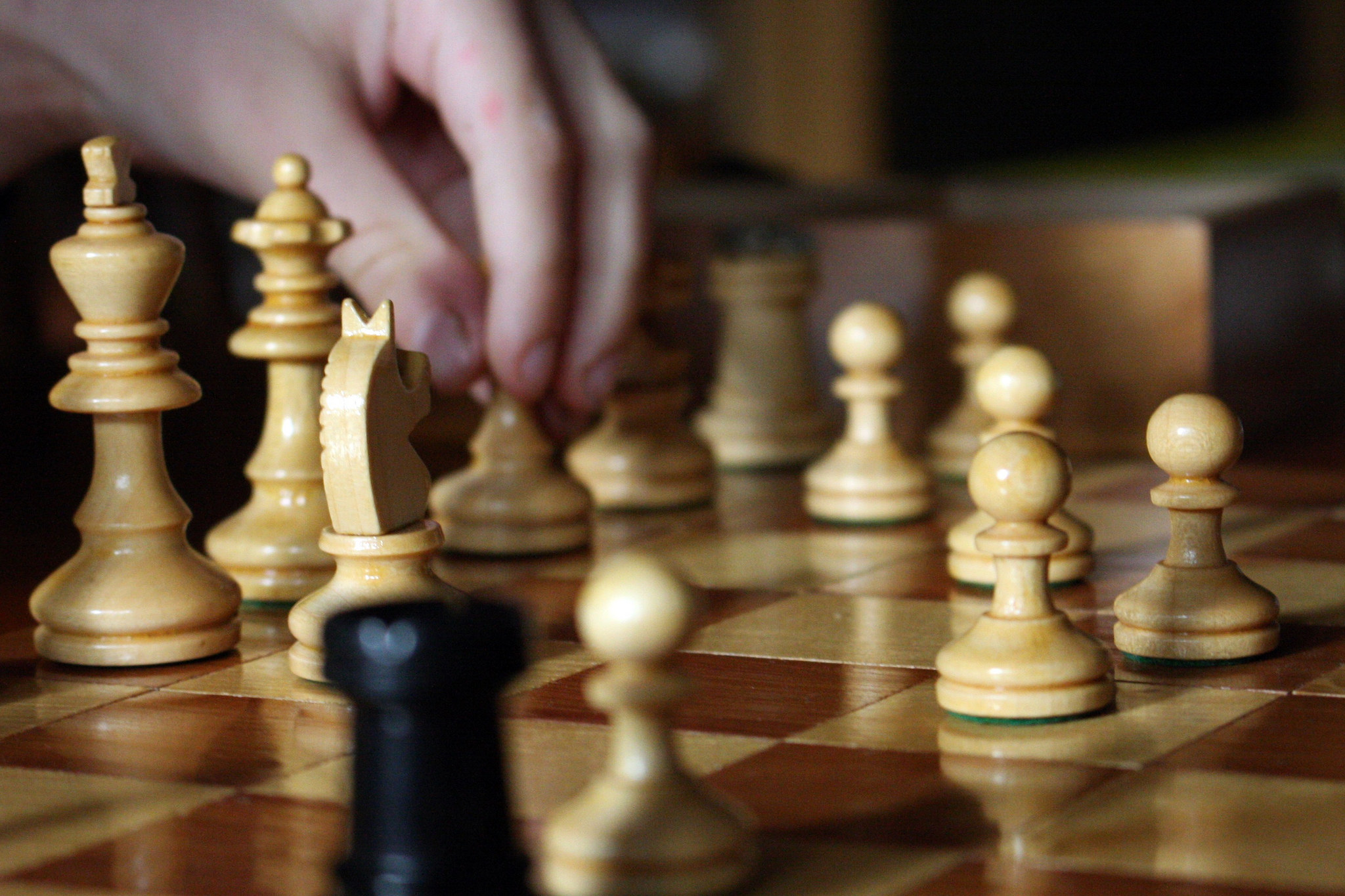My youngest daughter and I have been playing a lot of chess. In my youth I was my third grade class chess champion, but of course only a few kids knew how the chess pieces moved. As I coach my daughter on some of the key principles of chess I realized that many of these principles could be applied to leadership.
Photo by Till Westermayer on Flickr.
Chess, like leadership, is very complicated. However, it seems that leadership today is much more complicated than chess, no disrespect intended to Garry Kasprov (retired world chess champion) or the current world chess champion Magnus Carlsen.
Here are 10 principles I outlined for my daughter that one can apply to leadership:
1. Develop your pieces early.
In other words, invest in professional development for yourself and your team before it's needed. Prepare for battle!
“Vice President: What if we train our people and they leave? CEO: What if we don’t train them and they stay?”
2. Dominate the center of the chess board.
Know your core business and have your team focused on dominating the central elements of your products and services.
3. Don't bring your queen out early.
The Queen is the most powerful piece on the board. You want other players to coordinate prior to unleashing her. In other words, attack with a coordinated effort designed to set your team up to win.
“In chess and leadership you want an unfair advantage.”
4. Castle early to protect the King.
The game of chess is over if the King is captured. Be sure to protect your team from preventable traps and disasters.
5. Pay attention to your opponent's moves.
Do a SWOT analysis; identify Strengths, Weaknesses, Opportunities, and Threats before you make your next move.
6. Value your Pawns.
The Pawn is only worth one point. However, a Pawn in the right position is worth a lot more. Besides, a Pawn is the only piece that can become a Queen. Value every person on the team; who knows, they might be running the show tomorrow.
“Sweat the small stuff.”
7. Study the masters.
Study and learn from the leaders of the past.
8. Move with purpose.
It makes little sense to move to random squares. Moves should have a rational, well thought out purpose and plan.
9. Manage your emotions.
At times you will make a great move, but one great move rarely wins a match. Your opponent also may make a great move, but you must manage your emotions because they could be your demise.
10. Win and lose with grace.
Sometimes you win and sometimes you lose in a game of chess or in business. But either way you must sleep well and get ready to play again the next day.
BONUS TIP: Don't treat people like Chess pieces. Chess is a game, leadership is not!
How would you relate chess to leadership?

